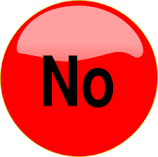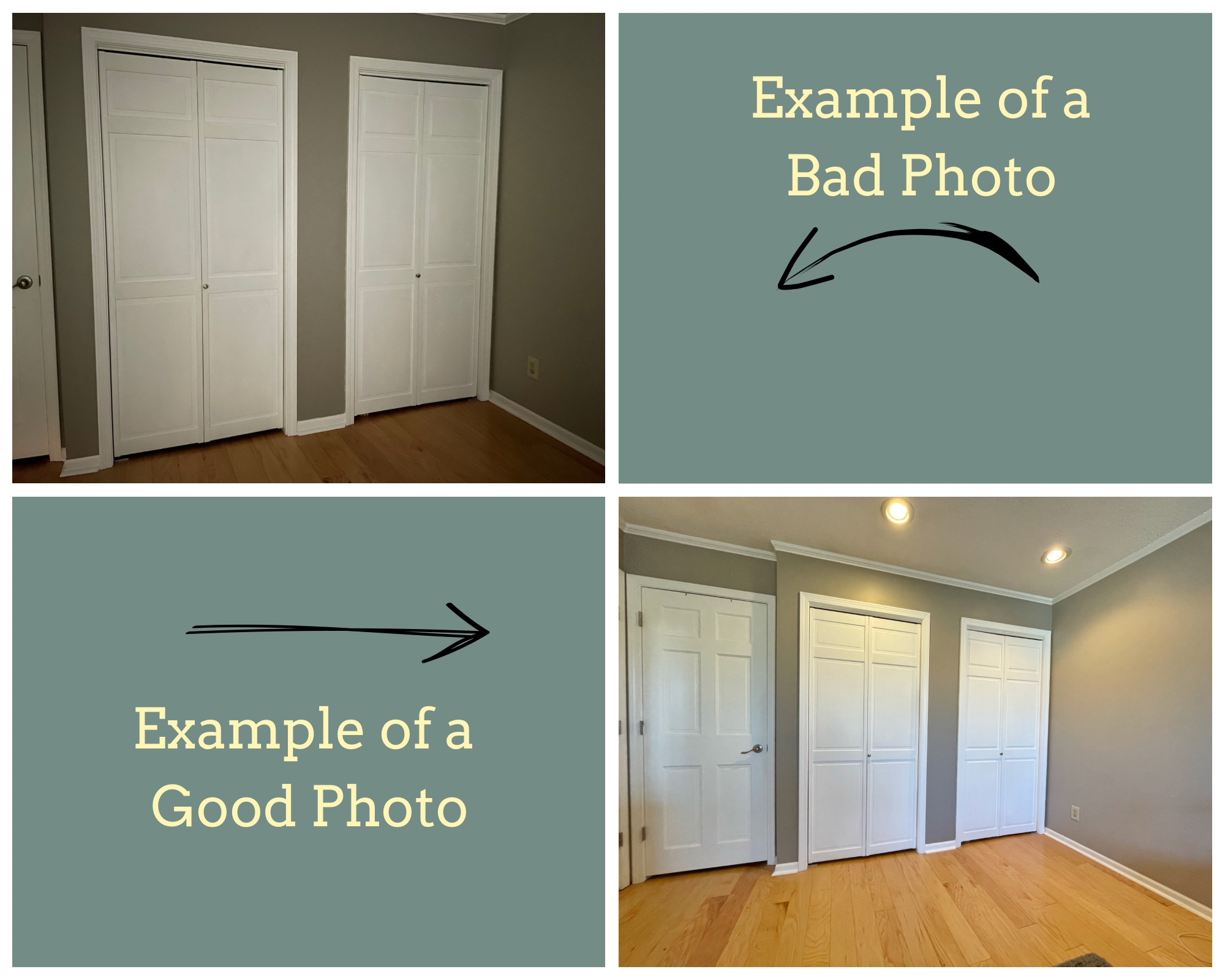The question I pose today and I plan to answer is as follows: "Can you trick the market?" And before I get too far into this post I'll just go ahead and answer it:

No. Absolutely 100% no, you cannot. No matter how much anyone tries to tell you you can. You can twist it around and rationalize a million different things, but the fact of the matter is that there is no way to do this. Sure, you can improve a house and it'll sell for a higher price. You can be in a highly desirable neighborhood. The listing agent can take nice photos. Or really, really bad ones. You could throw in a membership to the local country club. But, you can't trick your way into a better selling price!
But what do I mean about "tricking the market?" By that I mean attempting to do something to artificially increase your selling price over it's actual market value. Allow me to state a core belief that I have that has held true in over 10 years in the real estate business, and I see it as being true about any industry where goods and services are traded: The MARKET sets the price. I recall my days looking at supply & demand charts in Econ 101. Supply goes up, price goes up. Demand goes up, price goes up. And vice versa. This is axiomatic, and thusly, it governs the business in which I find myself and that is the real estate market. It is irrefutable.
Now you might say there are a lot of variables that go into supply & demand. True, but they are just that: variables. They are inputs to the equation, but the equation remains unchanged. When home inventory is low, prices go up. When low inventory is coupled with high demand, prices go way up. If buyers stop buying, the price goes down. Through it all, when it comes to selling any single home, the market sets the price. Not the seller, not the buyer, not the agent, not the appraiser, not your uncle who bought a house in 1987 or your buddy who's a real whiz-bang when it comes to houses. It's not even all of these people put together. The price a home sells for is set by the entirety of the real estate market as it exists at that point in time. Period.
A common way to look at this is setting an asking price. Most sellers I encounter have a mindset that says to set the price high and negotiate down from there. It's believed that this is the best way to get the highest price. I disagree with this of course, and not just for the reasons I've already stated. Set the price high and the buyers don't come. The don't make offers and the home doesn't sell. The longer it sits of the market, the more people wonder what's wrong with it. It's possibly the worst thing you can do when listing a home. The market corrects the price downward in this way. The market certainly isn't fooled.
If you price a home too low, or price it "competitively" then lots of buyers come. They make offers and they compete with each other. This is how the market corrects the price back up. And while competing, buyers will do things to make their offer more attractive in order to win. They'll throw out inspections altogether or offer to compensate the seller for a certain amount of repairs they might ask for. They'll bring more cash to the deal, and perhaps other guarantees. They'll waive appraisal, if they can. They'll accommodate just about anything a seller is hoping for. So while it may not "trick" the market as far as selling price, it's a situation more likely to work in a seller's favor. Either way, the market sets the final price.
What are some other elements besides price? One I commonly hear from clients talking with other agents is that the agent has a "network" of buyers for that property. It's actually a common question sellers ask at listing appointments. I'm sure some agents do have networks of potential buyers. We sure do. I'll also go on and say that it makes absolutely no difference whatsoever. No personal network of any agent, team, or company will ever trick the real estate market in favor of their client. Ever.

And here's why: they're a part of the MLS, just the same as any agent is. And if any agent says they have a network bigger and more effective than the local MLS, they are LYING. They're selling bridges in Brooklyn. They are breaking the REALTOR Code of Ethics by exaggerating their claims. And in Kansas an agent can't work for their buyer and for the seller at the same time. In a single transaction, they have to leave one or the other to stay with one client. Unless they switch to being a transaction broker, in which case they're working for neither party.
There is no individual network that could possibly compete with the MLS. Indeed there have been many attempts at all levels. None have succeeded. Whole companies have come and gone. The largest teams and companies on the planet are dwarfed by the size of MLS's. The Multiple List Service is, by far, the most effective tool we have. And we all have it. In fact, these days, most consumers have access to much of it via 3rd-party websites like Zillow and Realtor.com. If this is the selling point an agent is attempting to use to differentiate themselves, they are not honestly conveying their services. And it won't make any difference when the house hits the MLS.
All this being said, it's built on an assumption that the listing in the MLS actually looks good. It has to be professional. The photos have to be at least decent, clear, somewhat representative of the what the house actually looks like. Bad photos may be a way you can actually try and trick the market downwards. I don't think anyone wants that. Beyond that, however, do videos actually help sell a home for more? How about drone photos? Can they trick the market into a higher price. While these things can be helpful in a listing, there's considerable debate as to whether they make any difference at all for the vast majority of homes for sale. Having said that, I believe (and all my listings reflect my belief) that there should be as much information in a listing as possible, and the listing and accompanying photos should look professional. But these days even homes with average-looking listings and photos sell almost immediately and for top-dollar. A highly edited photo or video is unlikely to convince educated buyers to do anything beyond paying fair market value for that home. I'll post an example below:

So why chose a particular agent? Well, selling a house isn't exactly like selling an apple. In fact it's nothing like selling fruit. Or boats. Or even cars. A house is a HUGE transaction. There's a ton that can go wrong. When it comes to selecting from multiple offers, to navigating the lending process and inspections process, to the title work, repairs, and keeping the transaction together through to the end, it is crucial to have a good agent on your side. There's often so much more that equates to success than a contract price. THIS is where good agents separate themselves from bad ones! A good agent will help guide a buyer or a seller from the very beginning of the process to the success of closing day.
But, even the best agents cannot trick the market.







